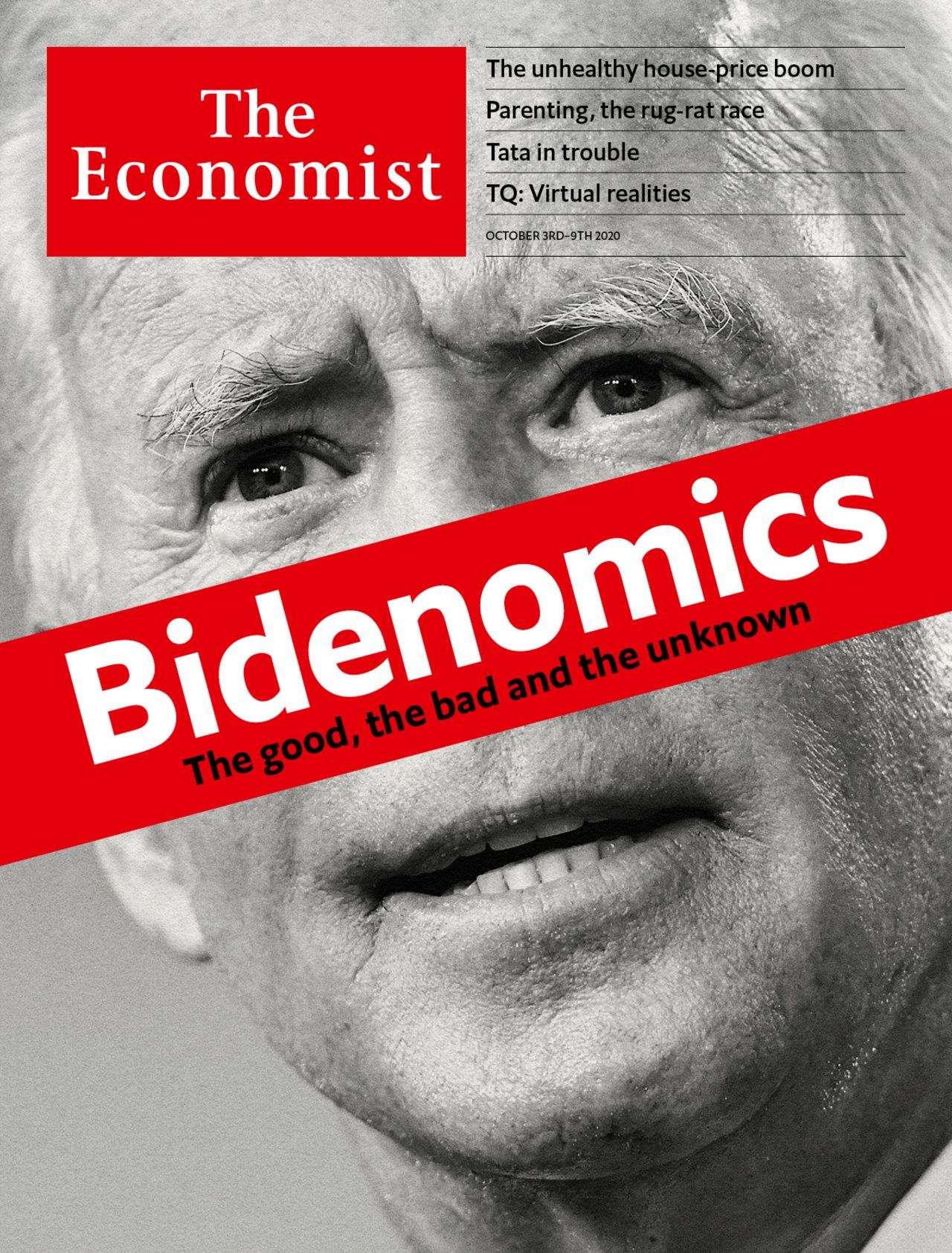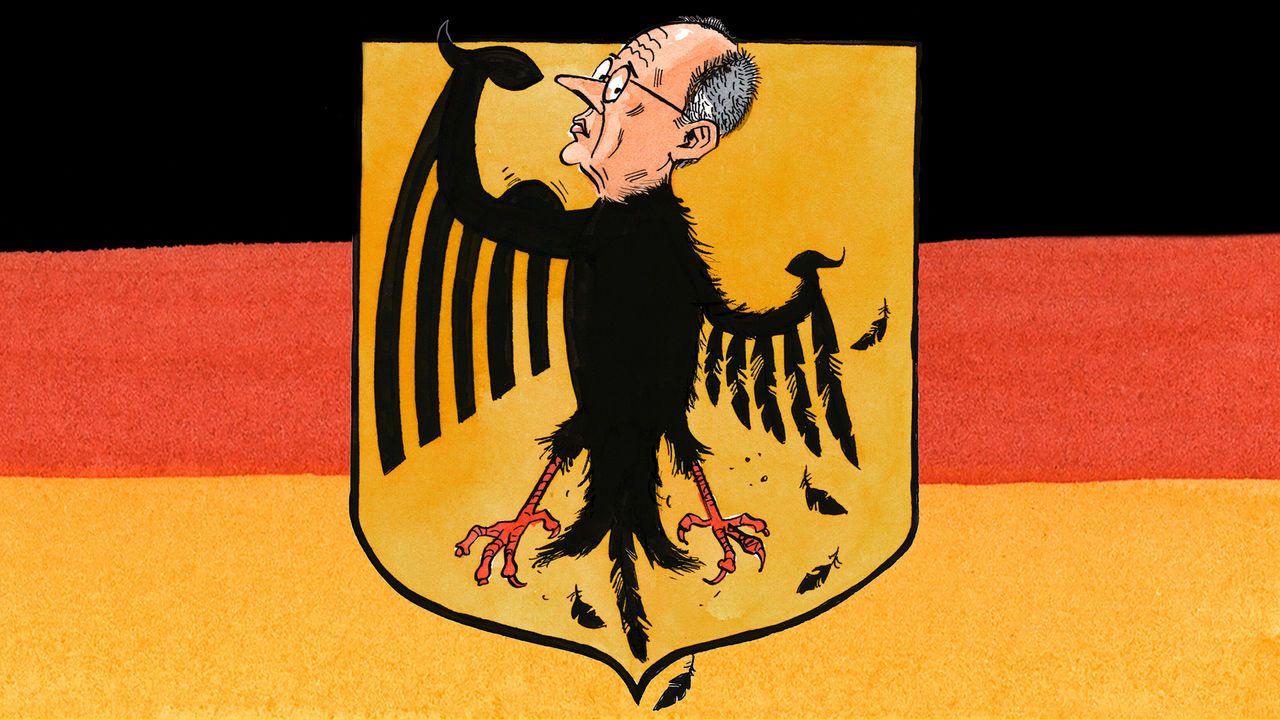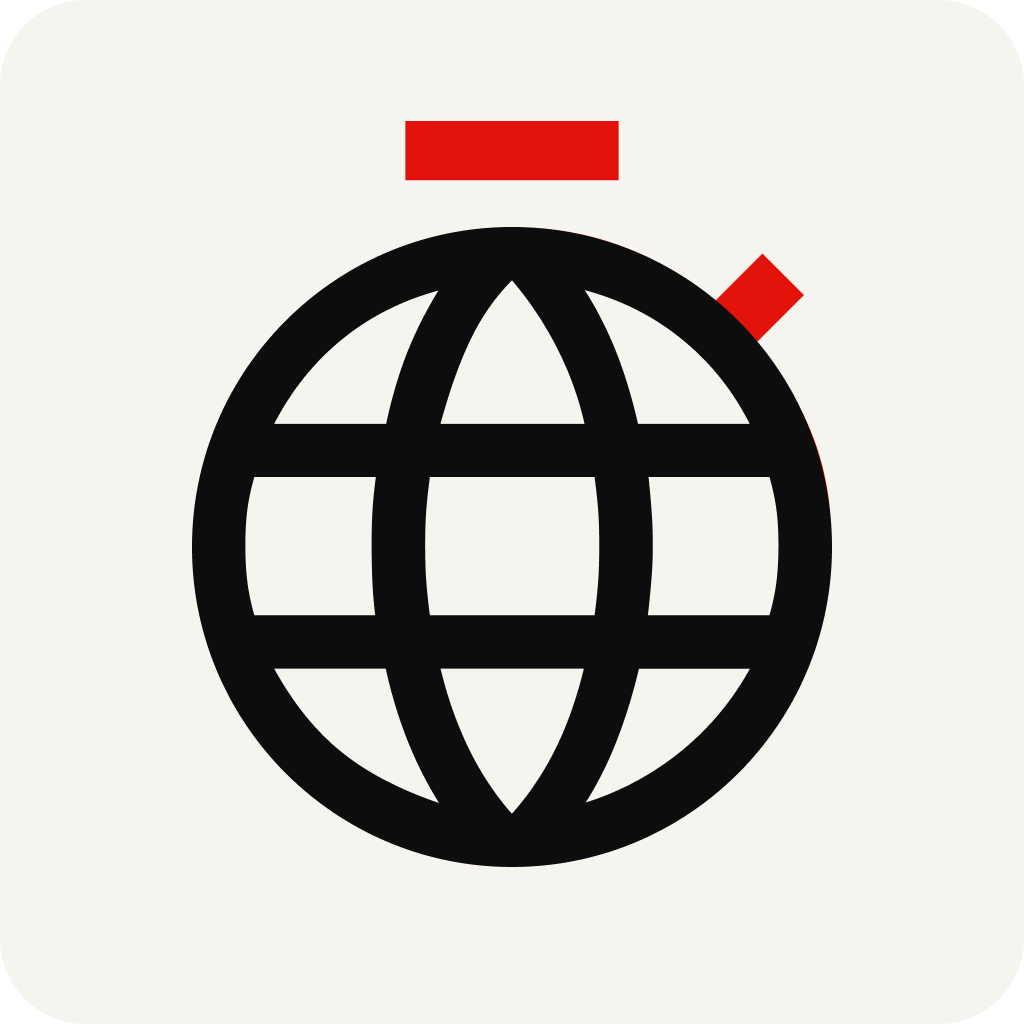Germany is being forced to take a leadership role it never wanted
But thirty years after reunification, it is finding its stride

IN UNGUARDED MOMENTS, British and French diplomats 30 years ago might quietly admit that they could happily live with a divided Germany. Its partition, however unjust, contained the problem of a country that, in Henry Kissinger’s words, was “too big for Europe, too small for the world”. After the Berlin Wall fell in 1989, Margaret Thatcher sought to recruit François Mitterrand, France’s president, in a fruitless plot to block, or at least delay, reunification, fearing an enlarged Germany would upset Europe’s balance or even threaten its security. Among European leaders only Felipe González, Spain’s then prime minister, unequivocally backed a united Germany.
This article appeared in the Europe section of the print edition under the headline “Waking Europe’s sleeping giant”
Europe
October 3rd 2020- Germany is being forced to take a leadership role it never wanted
- War returns to Nagorno-Karabakh
- A by-election shows why Hungary’s opposition struggles
- Spain’s poisonous politics have worsened the pandemic and the economy
- What do Dua Lipa, Rita Ora and Ava Max have in common?
- The revenge of strategic yogurt

From the October 3rd 2020 edition
Discover stories from this section and more in the list of contents
Explore the edition
The dangerous tension in Europe’s response to Trump
By trying to stop the rift, Europe may hasten it

Can Friedrich Merz get Europe out of its funk?
A new Merz-mentum could reboot the Franco-German motor at the heart of the EU

Can Europe keep Ukraine in the fight if America really has bailed?
Investing in Ukraine’s own weapons industry will be the best bet
As Trump suspends military aid, what are the chokeholds on Ukraine?
The war-torn country can substitute some—but nothing like all—of the kit it gets from America
Europe vows to defend Ukraine, but prays for Trump’s support
A summit in London is stalked by the fear America will walk away








